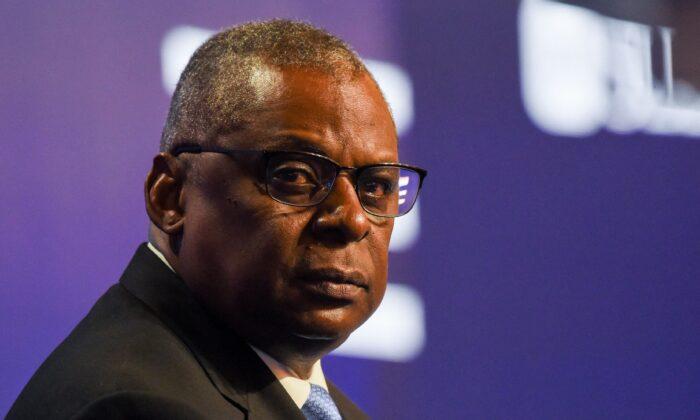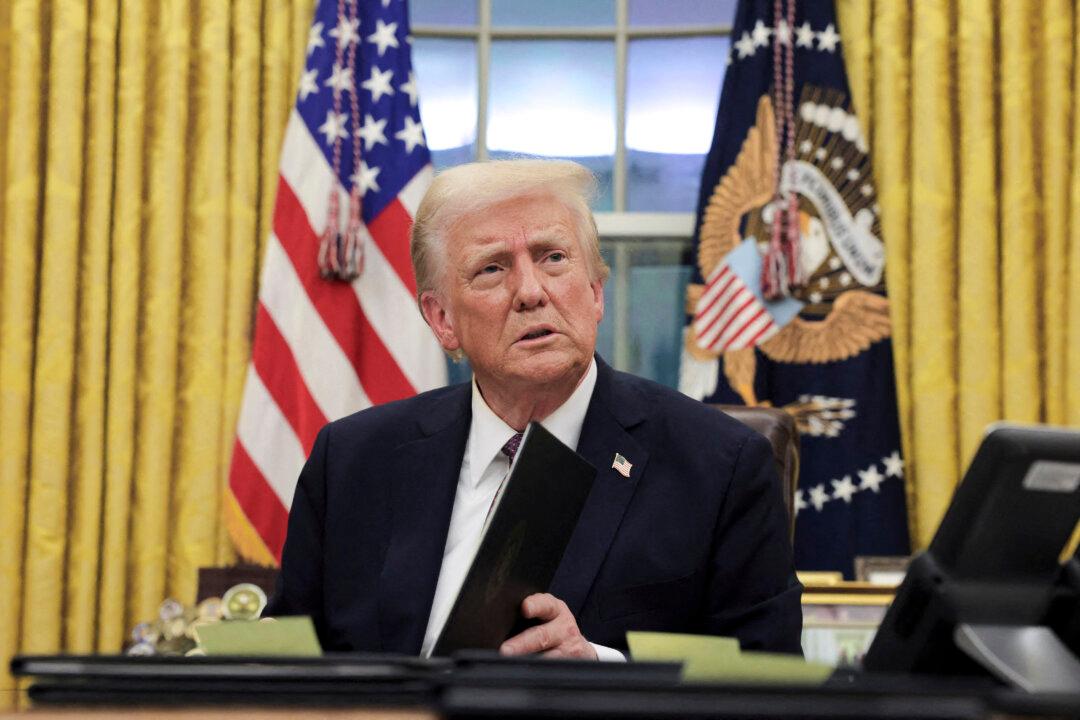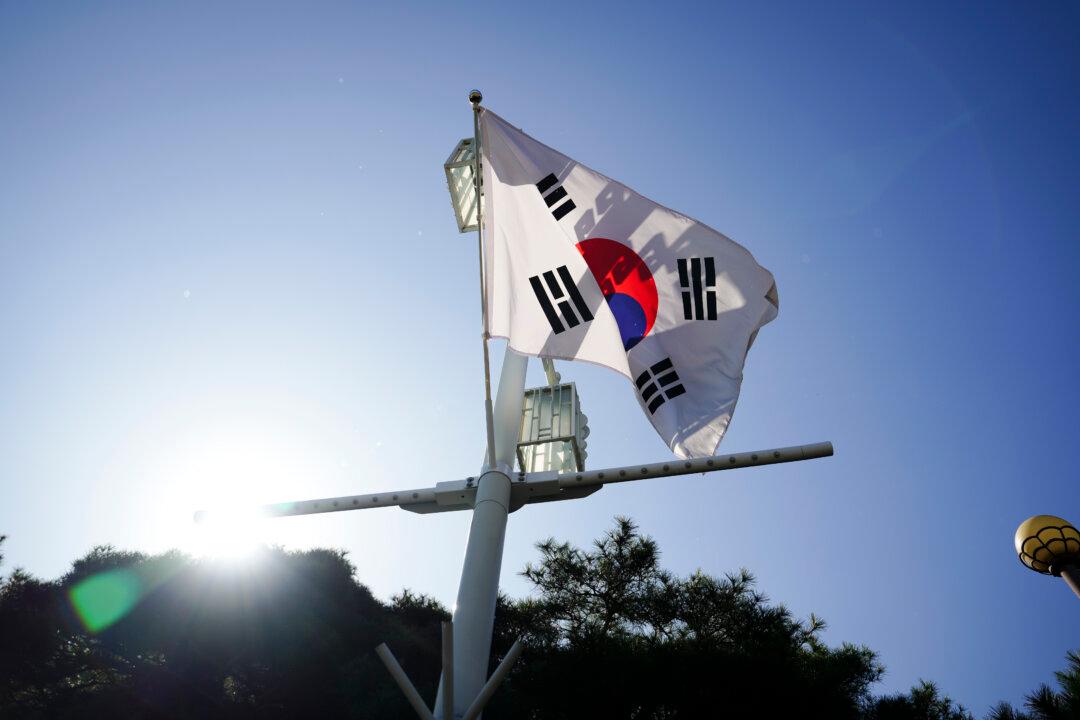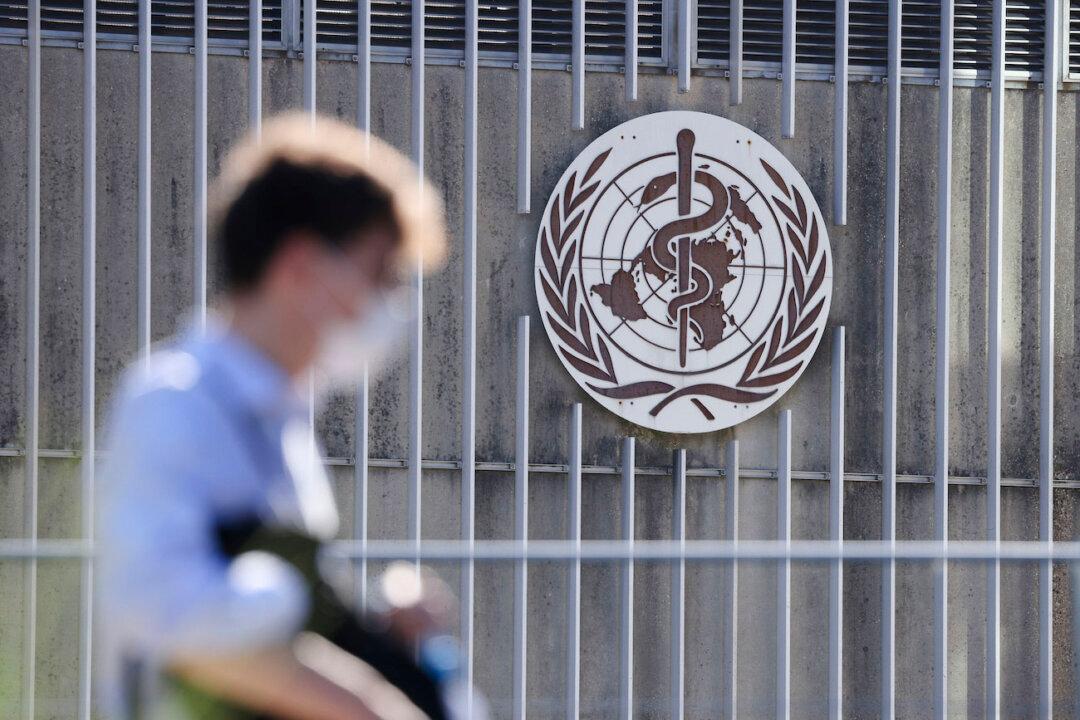The United States will maintain its capacity to resist any force that threatens the security of Taiwan, U.S. Defense Secretary Lloyd J. Austin said on June 11 as he warned of “growing coercion” from Beijing.
“We’ve seen an alarming increase in the number of unsafe aerial intercepts and confrontations at sea by PLA [People’s Liberation Army] aircraft and vessels,” he said, citing an incident in February when a PLA Navy ship directed a laser at an Australian warplane as well as PLA fighter jets in recent weeks conducting a series of dangerous intercepts of allied aircraft operating lawfully in the East China and the South China Seas.
But the stakes are “especially stark in the Taiwan Strait,” Austin said.
“We’ve witnessed a steady increase in provocative and destabilizing military activity near Taiwan. And that includes PLA aircraft flying near Taiwan in record numbers in recent months, and nearly on a daily basis,” he said.
China claims the self-ruled island as its own and has vowed to conquer it by force if necessary.
Austin said that Washington remains committed to the “One China” policy, although it would still provide Taiwan with the capabilities necessary to maintain its defense, echoing President Joe Biden’s remarks in Tokyo last month.
“And it means maintaining our own capacity to resist any use of force or other forms of coercion that would jeopardize the security or the social or economic system of the people of Taiwan,” Austin said.
He further noted that Beijing’s recent military maneuvers near Taiwan threaten to destabilize the Indo-Pacific region, while underscoring that sustaining peace and security across the Taiwan Strait is a global issue, not simply a U.S. interest.
“We do not seek confrontation or conflict. And we do not seek a new Cold War, an Asian NATO, or a region split into hostile blocs,” he said referring to the North Atlantic Treaty Organization.
“We will defend our interests without flinching. But we’ll also work toward our vision for this region—one of expanding security, one of increased cooperation, and not one of growing division.”
Austin’s remarks came a day after his meeting with Chinese Defense Minister Gen. Wei Fenghe on the sidelines of the Shangri-La Dialogue summit, during which he raised Washington’s concerns about the PLA’s “unsafe, aggressive, unprofessional behavior” in the Taiwan Strait.
During the meeting, Austin conveyed to Wei that Washington doesn’t support Taiwan’s independence but would still provide defensive arms to Taiwan under the 1979 Taiwan Relations Act.





